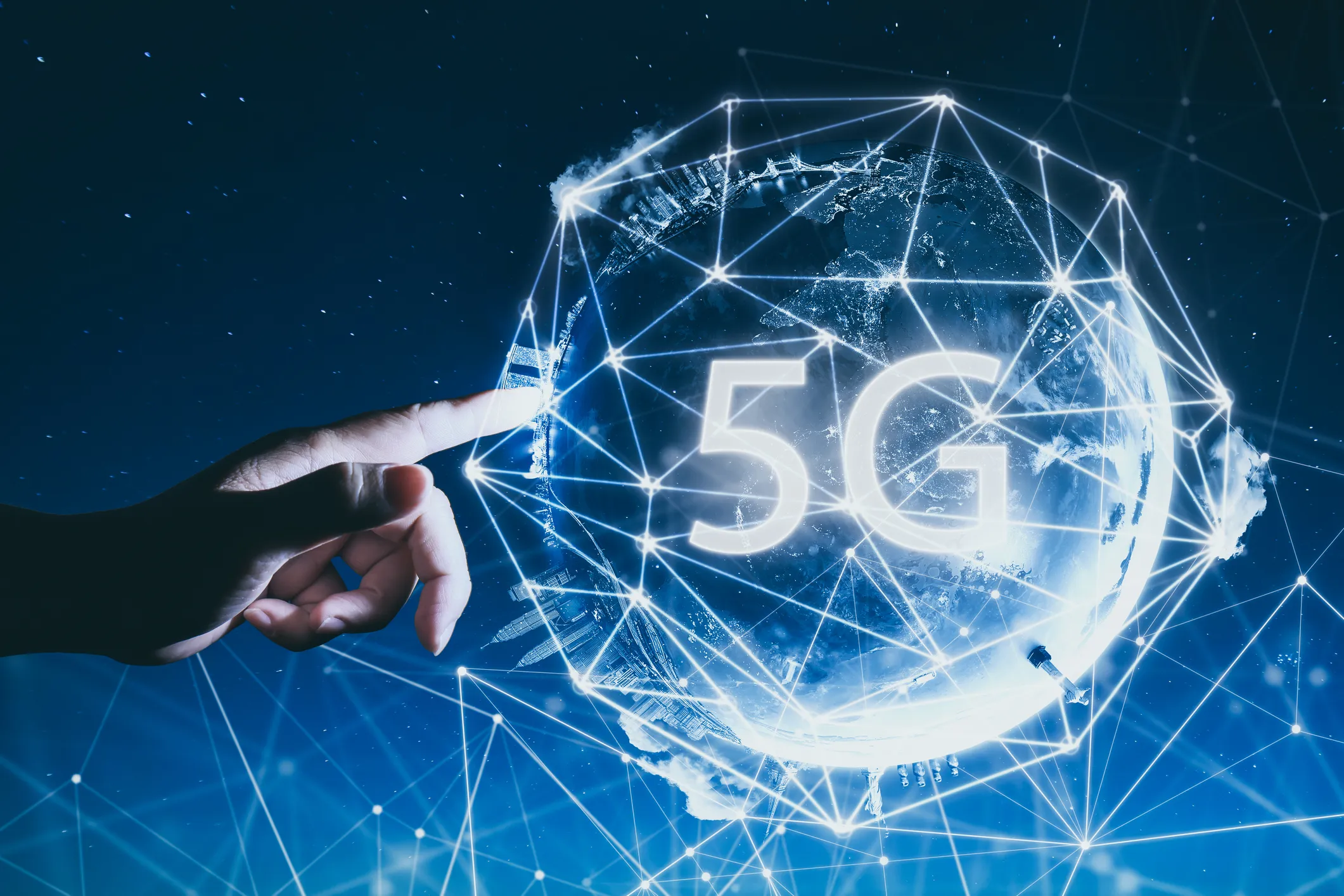Introduction
In the ever-evolving landscape of technology, the marriage between 5G and Internet Protocol Television (IPTV) is ushering in a new era of seamless and high-quality streaming experiences. As 5G networks continue to roll out globally, the impact on IPTV streaming is becoming increasingly apparent. In this blog post, we will delve into the ways in which 5G technology is revolutionizing IPTV streaming, exploring the benefits it brings and contemplating the future implications of this dynamic synergy.
The Evolution of IPTV
IPTV has come a long way since its inception, transforming the way we consume television content. Unlike traditional broadcasting methods, IPTV leverages the internet to deliver television programming, allowing users to access a vast array of channels, on-demand content, and interactive features. As IPTV continues to gain popularity, the demand for high-quality streaming experiences has become paramount.
Enter 5G Technology
5G, the fifth generation of mobile networks, is not just an incremental improvement over its predecessors; it represents a paradigm shift in connectivity. With speeds up to 100 times faster than 4G, significantly reduced latency, and increased network capacity, 5G is unlocking new possibilities for various industries, including IPTV.
Enhanced Streaming Quality
One of the most noticeable impacts of 5G on IPTV is the enhancement of streaming quality. The higher data speeds provided by 5G networks enable smoother and buffer-free streaming experiences, even for content with high resolutions such as 4K and beyond. This means that viewers can enjoy their favorite shows, movies, and live events with stunning clarity and minimal disruptions.
Low Latency for Real-time Interaction
Latency, the time it takes for data to travel from the source to the destination, is a crucial factor in real-time interactions. With 5G’s ultra-low latency, IPTV services can offer interactive features such as live chat, voting, and gaming seamlessly. This opens up new possibilities for engaging and immersive content experiences, fostering a more dynamic connection between content creators and consumers.
Improved Accessibility and Mobility
5G’s increased network capacity and reliability extend beyond traditional home-based IPTV setups. Mobile IPTV applications can leverage 5G to provide users with high-quality streaming on the go. This level of accessibility is especially beneficial for commuters, travelers, and individuals in areas with limited fixed-line connectivity.
Future Implications
As 5G continues to roll out globally, the implications for IPTV are vast and transformative. Here are some future possibilities:
- Augmented and Virtual Reality Integration: With 5G’s capabilities, IPTV providers can explore integrating augmented reality (AR) and virtual reality (VR) elements into their content, offering viewers an even more immersive and personalized experience.
- Edge Computing for Enhanced Performance: The integration of edge computing with 5G networks can further reduce latency, allowing for more efficient content delivery. This could lead to faster load times, quicker channel switching, and an overall improved user experience.
- Dynamic Content Personalization: Leveraging the increased speed and bandwidth of 5G, IPTV services can analyze user preferences in real-time, offering personalized content recommendations and tailored advertising, creating a more engaging viewing experience.
Conclusion
The synergy between 5G technology and IPTV streaming is reshaping the landscape of home entertainment. The enhanced streaming quality, low latency, and improved accessibility brought about by 5G are just the beginning. As both technologies continue to evolve, we can expect a future where IPTV becomes more immersive, interactive, and personalized than ever before. The age of seamless, high-quality streaming experiences has arrived, thanks to the transformative power of 5G.


